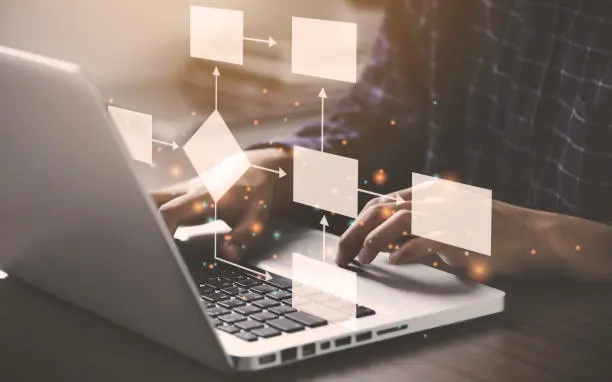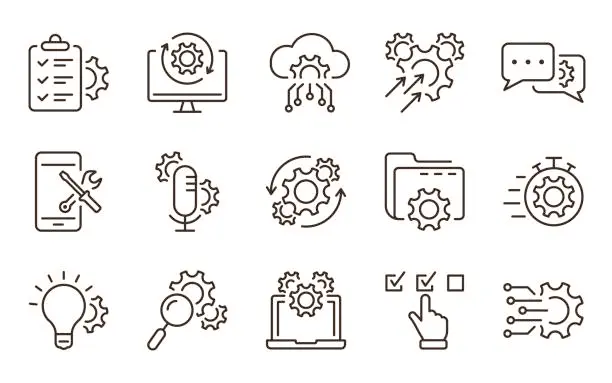
The Future of Education: Leveraging Technology for Learning
- Admin
Technology has transformed every aspect of our lives, including education. This article explores the future of education in the digital age, examining how technology is reshaping teaching methods, student engagement, and lifelong learning opportunities.
In recent years, the integration of technology into education has accelerated, driven by the increasing accessibility of digital devices, high-speed internet, and innovative educational software. From interactive whiteboards and digital textbooks to online learning platforms and virtual reality simulations, technology offers diverse tools and resources to enhance the learning experience and cater to individual student needs.
One of the key advantages of technology in education is its ability to personalize learning and accommodate diverse learning styles and abilities. Adaptive learning algorithms analyze student performance data to tailor instruction and content to each student's strengths, weaknesses, and pace of learning. This personalized approach not only maximizes student engagement and motivation but also fosters deeper understanding and retention of concepts.
Moreover, technology enables collaborative learning experiences that transcend geographical boundaries and time constraints. Online collaboration tools, video conferencing platforms, and social learning networks connect students and educators from around the world, facilitating knowledge sharing, peer feedback, and collaborative projects. This fosters a sense of community and collaboration among students, preparing them for success in a globalized and interconnected world.
Furthermore, technology expands access to education, breaking down barriers to learning and reaching underserved populations. Online courses, Massive Open Online Courses (MOOCs), and educational apps provide flexible learning opportunities for learners of all ages and backgrounds, enabling them to acquire new skills, pursue advanced degrees, and engage in lifelong learning pursuits. This democratization of education empowers individuals to take control of their learning journey and unlock their full potential.
Despite its numerous benefits, the integration of technology into education also presents challenges, including issues related to digital equity, privacy, and screen time management. Ensuring equitable access to technology and digital resources for all students is essential to prevent exacerbating existing educational inequalities. Moreover, safeguarding student privacy and data security requires robust policies and safeguards to protect sensitive information and ensure ethical use of educational technology.
In conclusion, the future of education lies in harnessing the power of technology to create engaging, personalized, and inclusive learning experiences for students of all ages and backgrounds. By leveraging technology effectively and addressing associated challenges, educators can prepare students to thrive in a rapidly evolving digital world and become lifelong learners equipped with the knowledge, skills, and competencies needed for success.
Ryodo Automation recognizes the transformative potential of technology in education and offers a range of solutions to support educators, learners, and educational institutions in their digital transformation journey. From learning management systems and virtual classroom platforms to educational content creation tools and analytics dashboards, Ryodo Automation empowers stakeholders in education to embrace technology and unlock new possibilities for teaching and learning.
In conclusion, the future of education lies in harnessing the power of technology to create engaging, personalized, and inclusive learning experiences for students of all ages and backgrounds. Embrace the future of education with Ryodo Automation and unlock new possibilities for teaching, learning, and collaboration in the digital age.
